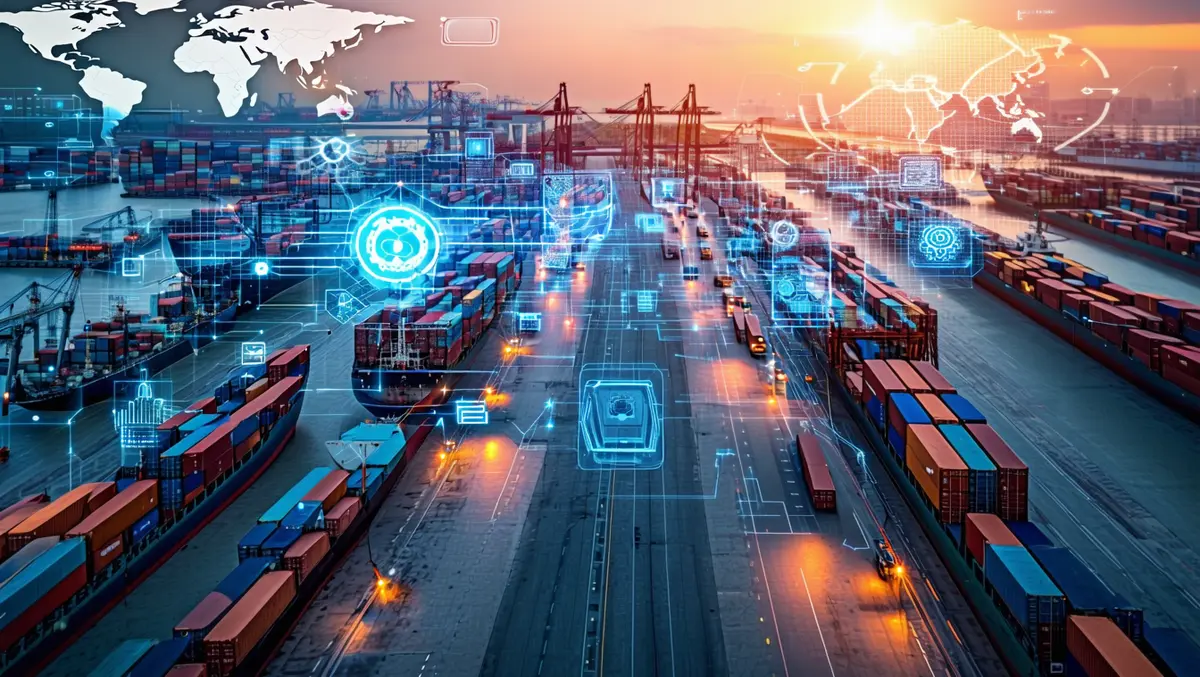
Geopolitical disruptions & AI reshape global trade
A new report by Customs Support Group has identified the main challenges impacting international trade today.
Customs Support Group, a European customs and trade solutions provider, conducted a comprehensive survey targeting global logistics firms and multinational manufacturers. The survey encompassed sectors such as automotive, retail, consumer goods, and FMCG. Its findings highlighted unprecedented geopolitical disruption, complex customs regulations, lack of internal expertise, and the impact of AI as major challenges affecting daily trading activities.
The Strategic Radar Customer survey gathered insights from Customs Support Group's clients, which include logistics service providers and goods owners. Respondents consistently pointed towards three key themes: the complexity of customs regulations, shortages in internal expertise to address these issues, and both the opportunities and challenges posed by AI.
The CEO of Customs Support Group, John Wegman, stated: "We have identified three consistent trends in international trade – the increasing complexity of regulations and associated risks, further intensified by recent geopolitical disruptions; the expertise and knowledge gaps companies face in addressing these issues and the high expectations for AI, coupled with concerns about potential errors."
The research revealed that over half of the participants (51%) encountered difficulties due to global shocks such as the Suez Canal blockage and the ongoing Ukraine war. Furthermore, nearly 45% reported a need for specialised expertise to ensure compliance with both local and international customs regulations while addressing stricter environmental regulations.
When examining customs compliance more closely, the research indicated that while large international companies continue to build in-house capabilities for self-reliance, an increasing number are outsourcing to external customs experts. This is primarily due to the lack of specialised knowledge essential to navigating complex challenges and reducing financial and operational risks.
Outsourcing is also capitalised upon for accessing advanced digital solutions that improve efficiency and data accuracy. Additionally, it addresses limited capacity issues involved in handling extensive documentation and repetitive tasks. Nearly 60% of survey respondents had outsourced customs tasks to help with capacity shortages, while 45% did so to gain access to specialised knowledge. Industry-specific expertise was crucial to 48% of respondents.
Customs operations have traditionally been labour-intensive and error-prone, dominated by manual processes. However, 33% of those surveyed highlighted the importance of adopting newer technological solutions, with AI often seen as a critical opportunity for enhancing automation and operational efficiency.
There remain concerns, however, regarding the potential complexities and uncertainties that come with implementing these technologies. Specifically, concerns about non-compliance resulting from automated processes without human oversight have been noted.
John Wegman added, "Ultimately, all three trends can be distilled to a common concern: the fear of non-compliance risks. Such concerns underscore the vital role of customs knowledge and expertise—what we call Real Intelligence—as the key to enhancing AI or navigating the complex and evolving regulatory landscape amidst geopolitical disruptions."
He further remarked, "This context explains the growing trend of outsourcing customs handling operations to professionals. As Europe's leading and largest customs solutions provider, with more than 1,700 industry experts, we are proud to offer our clients peace of mind, ensuring their goods move across borders efficiently and risk-free."


